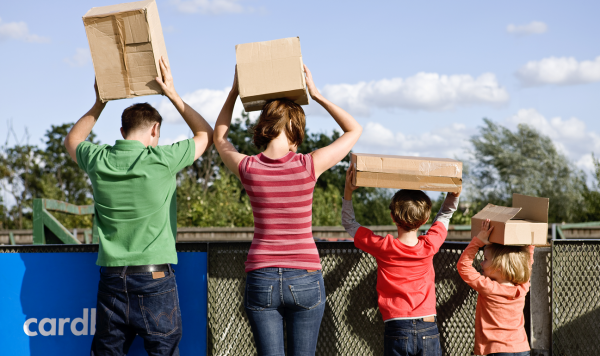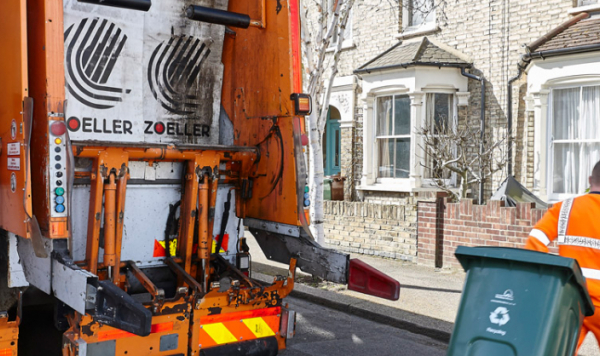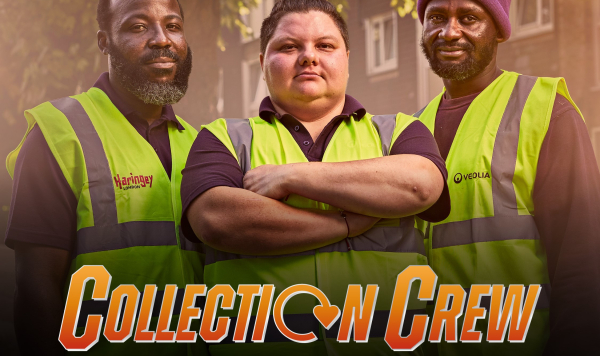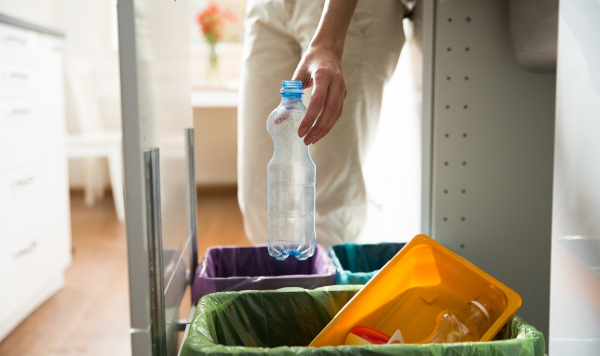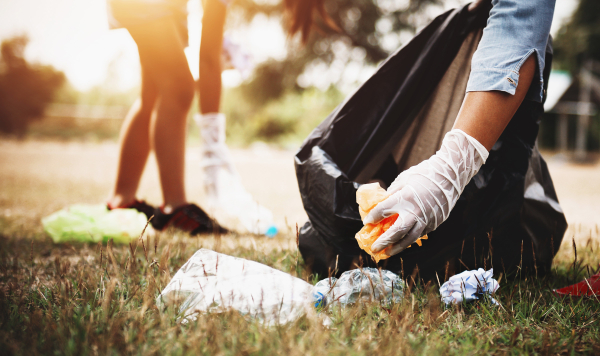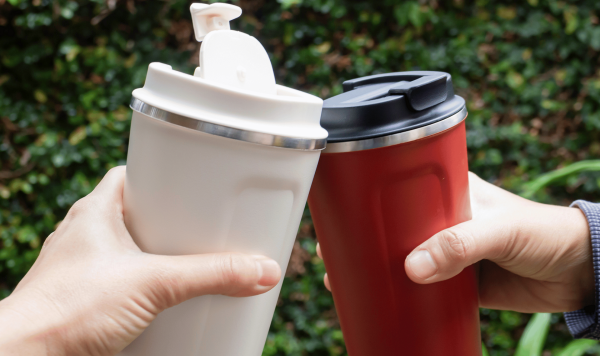Waste is a massive global problem – not just for local authorities tasked with disposing of it, but also because we need to reduce our energy and resource use. It makes sense that we wish that everything should be recycled rather than being disposed in landfill or energy recovery (incineration). In an ideal world, everything we produce should be created with end of life in mind, but a circular economy is not within our reach just yet.
Why is wishcycling such a hot topic?
Wishcycling is the practice of putting something in the recycling bin in the hope that it will be recycled, even though it might be unsuitable, contaminated or only partially recyclable.
North London produces vast amounts of recyclable waste every week, all of which is transported to what’s called a ‘Materials Recovery Facility’ (MRF), where each material is sorted by specialist machines using infrared technology, air jets, crushers and rollers. At the end of the process each material is grouped by type and continues along its journey for further processing and recycling into new materials for packaging, construction, paper products, fibres etc.
One of the most important factors when it comes to recycling is the minimisation of contamination, because even through the MRFs can handle a small amount, the allowed limits are extremely low. By including items that are unsuitable for roadside recycling the recovery process gets derailed, which can mean entire van loads of perfectly reusable material were contaminated by food remnants or other impurities like refuse from used nappies. If contamination levels are high, it can significantly affect the quality of the material, reducing its resale value, or even worse, making it worthless and in need of disposal, seeing it’s no longer suitable for recycling, meaning it is diverted to landfill or energy recovery instead.
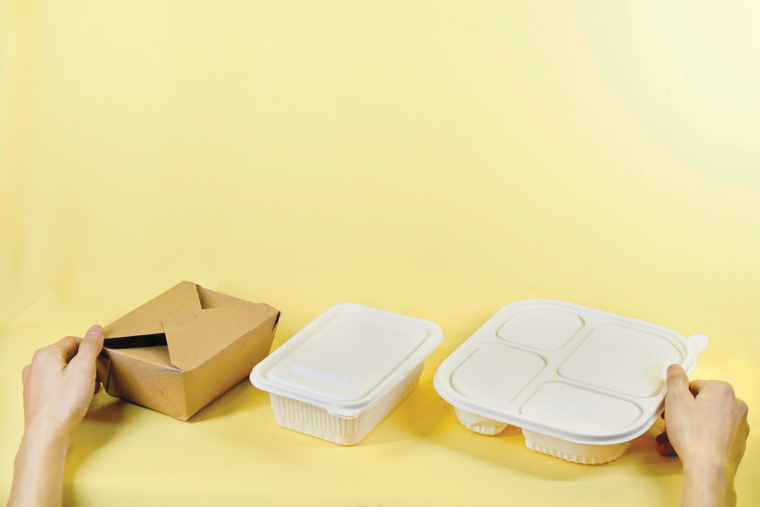
In addition, if a non-recyclable item enters the sorting process, it can lead to obstructions or even damage to the machinery, leading to delays, and consequently massive backlogs in the volumes of recyclate waiting to be processed.
Wishcycling can also reduce the quality of the final recycled product; if for example paper is stained with oil, this will cause problems when it gets to a paper mill. Grease repels the paper fibres, leaving holes in the end product.
If in doubt…
Visit our recycle at home page on what is recyclable in your area, or view our A-Z search page for information on how you can dispose of literally anything.
Keep in mind that If you are uncertain about an item, it is preferable to place it in your general waste, rather than risk contaminating the entire recycling stream in the hopes that it either is or should be recycled, as it could be doing more harm than good.
Handy recycling tips:
To make it easier for you and your housemates or family to know what goes where, make a list of what is accepted into your recycling and refer to it when in doubt.
It helps to remember the following:
• Only recycle empty, mostly clean (and ideally rinsed out) containers made from glass, plastic, paper and metal.
• If an item is made of more than one material like a single use coffee cup it’s less likely to be recycled in your household collection (though some are accepted at specialist locations, so do some research on what support your area offers).
• Glass might be recyclable but household products like broken glasses or Pyrex dishes are of a different grade of glass to commercial packaging and should not go in your household recycling bin.
If you’re still in doubt contact us for help and view our social media channels @connectNLWA for daily advice and handy tips.


